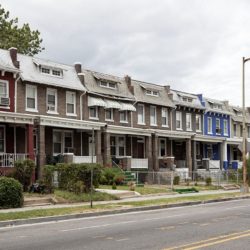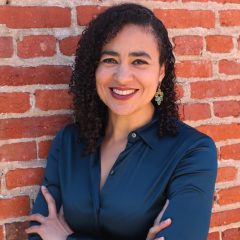Even as DC’s economy grows, it is marked by stark racial inequalities in income, wealth, and poverty. Affording the basics, such as rent, food, and utilities is a daily challenge for many DC residents. This is disproportionately true for Black residents, one in five of whom live in poverty. Income support programs help people make ends meet and boost long-term education and health outcomes for children. By helping residents pay their bills, care for their children and possibly save for a rainy day, DC can help create more stability and a future of shared abundance.
Featured Publications & Resources
Testimony
Testimony of Claire Zippel At the Public Hearing on Bill 22-178, Commission on Poverty in the District of Columbia Establishment Act of 2017
By Claire Zippel • November 1, 2017 • Income & Poverty
Blog
Trump Tax Plan Would Reinforce DC’s High Income Inequality
By Hannah Kohanzadeh • October 27, 2017 • Income & Poverty / Revenue & Budget / Taxes
Blog
Without Critical Funding, Trouble Likely Ahead for 2020 U.S. Census
By Claire Zippel • October 26, 2017 • Income & Poverty / Revenue & Budget
Latest on this Issue
Blog
DC Contends with Extreme Child Poverty Disparities by Race, Place, and Age
By Connor Zielinski • March 10, 2025 • Income & Poverty
Blog
Poverty Reduction Stalled While Racial and Income Inequality Persisted in 2023
By Tazra Mitchell • September 16, 2024 • Income & Poverty
Fact Sheets
DC Can Boost Income to Tackle Child Poverty
By DC Fiscal Policy Institute • May 23, 2024 • Income & Poverty / TANF & Income Support









